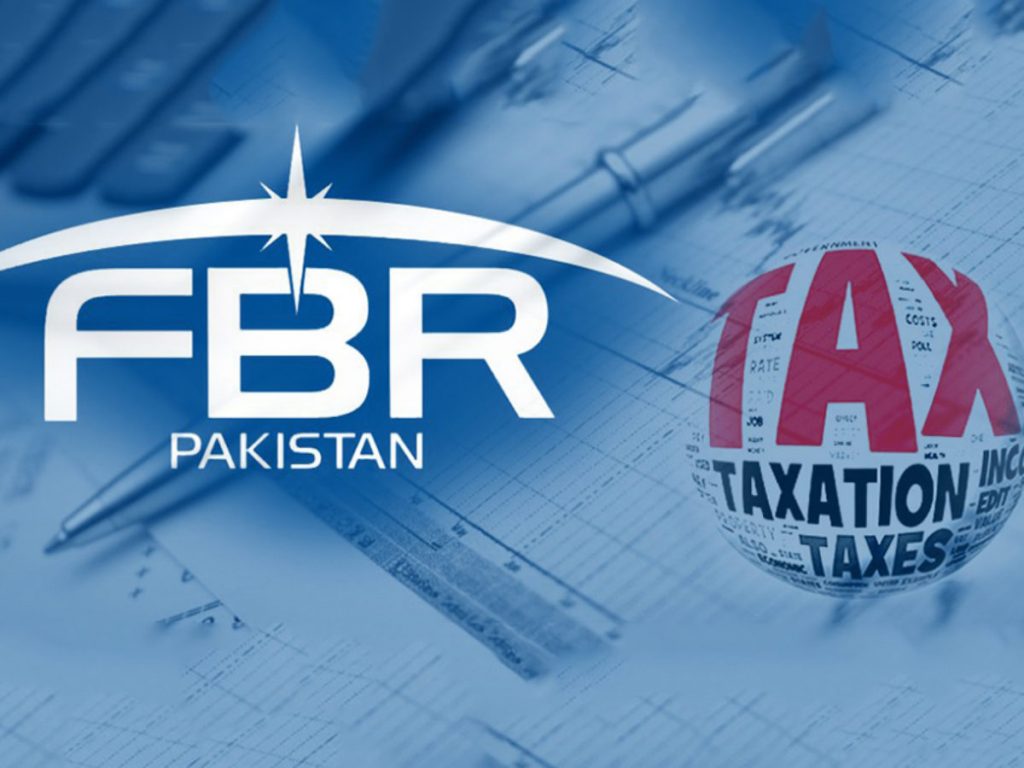‘Economic transaction’ The Federal Board of Revenue (FBR) is set to keep track of economic transactions involving the transfer of gifts and personal remittances by collecting data from 145 government organizations.
To facilitate this process, the FBR has established a clear definition of “economic transactions” for the systematic maintenance of data from these 145 government organizations.
The latest FBR regulations clarify that the term “economic transaction” encompasses exchanges or transfers of title or ownership of assets, goods, or services with economic value.
This includes, but is not limited to, transactions involving tangible items, encompassing all categories of physical goods, whether manufactured, produced, imported, or exported.
Moreover, the definition extends to intangibles, encompassing various services, rights, interests, or licenses, regardless of nomenclature.
The FBR is poised to seamlessly integrate real-time data from 145 entities, covering unilateral transfers such as gifts, personal remittances, and other transactions that do not entail any claim for repayment.
The scope of the “economic transaction” also includes capital transfers, enveloping both capital receipts and payments, as well as any activities conducted by individuals for the sale and purchase of assets, payment of expenditures, and the generation of income, profits, or gains.
Furthermore, the definition encompasses any approvals, authorizations, permissions, registrations, access grants, concessions, or financial transactions of any nature, as specifically notified by the Board for the purpose of these rules.
Additionally, the FBR’s definition of an “economic transaction” extends to cover a comprehensive range of activities. It includes any approval, authorization, permission, registration, access, or concession granted for any purpose, reinforcing the inclusivity of the regulatory framework.
The term also encompasses any financial transaction, broadening its scope to various monetary activities. This encompasses not only traditional exchanges of goods and services but also financial interactions that contribute to the overall economic landscape.
Moreover, the FBR rules incorporate the concept of unrequited transfers, elucidating that the “economic transaction” includes unilateral transfers without any expectation of repayment.
This includes transactions such as gifts, personal remittances, and other instances where no explicit claim for repayment is involved.
In an effort to capture a comprehensive overview of economic activities, the definition encompasses any and all activities carried out by individuals or entities for the sale and purchase of assets.
It also accounts for payments related to expenditures and any activities contributing to the generation of income, profits, or gains.
By adopting a dynamic approach, the FBR’s definition acknowledges the evolving nature of economic transactions, allowing for adaptability to emerging financial practices and technologies.
The integration of real-time data from 145 entities underscores the FBR’s commitment to staying abreast of contemporary economic activities, ensuring effective regulation and oversight in a rapidly changing financial landscape.

